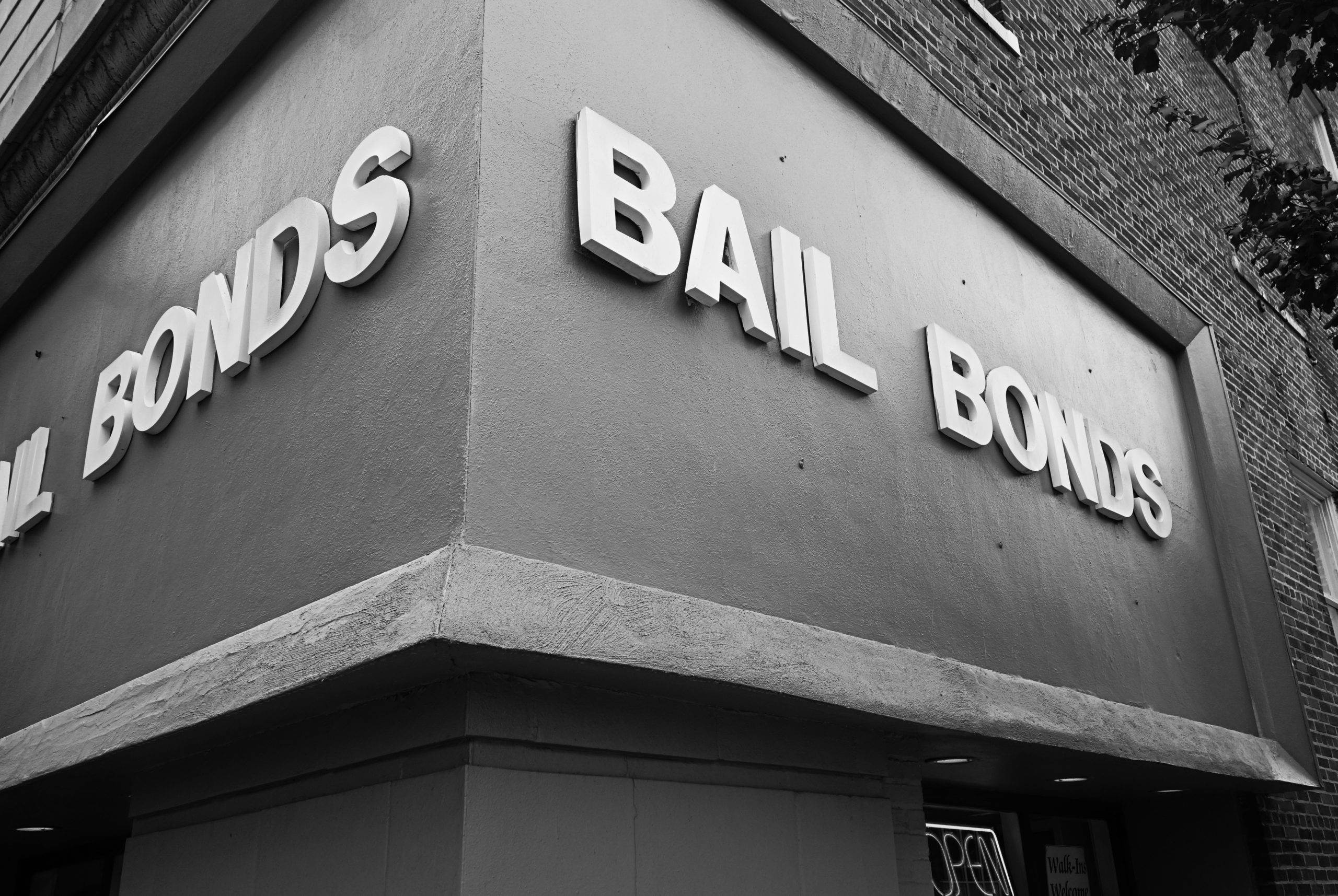Getting arrested for DUI does not mean you will be convicted. Police misconduct, defective breathalyzers and crime lab mistakes may be enough to get your charges lessened or dismissed. Visit our page on Colorado DUI Laws to learn more.
Before you call us:
Please note: Our firm only handles criminal and DUI cases, and only in California. We do not handle any of the following cases:
- civil matters
- CCWs or gun right restoration
- labor
- family law
- immigration
- landlord/tenant
- harassment
- restraining orders
And we do not handle any cases outside of California.
Call Us Now


